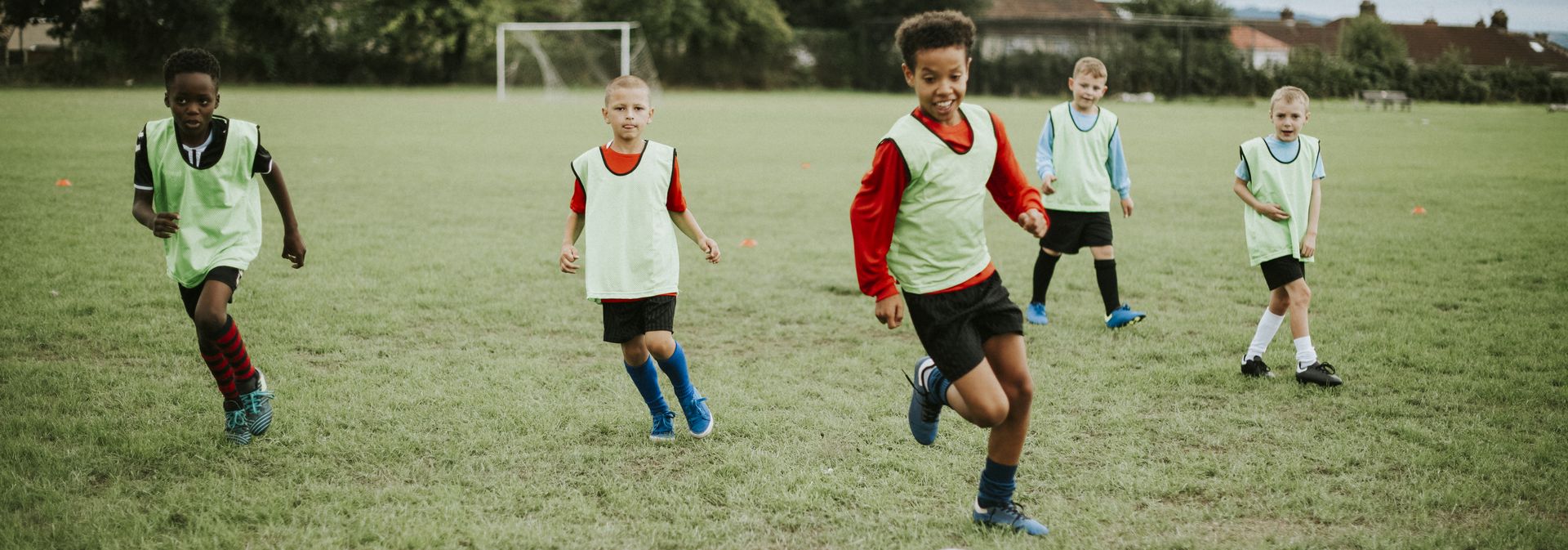All RSS feed content is owned by the respective 3rd party website.

For many families, summer used to be a time for slowing down: backyard games, family trips, and camps. But today, it’s not unusual for kids as young as 8 or 9 to spend their summers traveling for tournaments, training with private coaches, and specializing in a single sport.
If you’re wondering whether it’s OK—or even healthy—for your child to take a break from a sport this summer, you’re not alone. Many parents are feeling the same pressure to keep up, even as they see signs of burnout or fatigue in their child.
“We love sports, and we want kids to stay active,” says Dr. Michael Maloney, MD, chief of Sports Medicine at UR Medicine. “But more isn’t always better. A well-timed break can actually help kids come back stronger—both physically and emotionally.”
Why Breaks Matter
Sports are a great outlet for kids: they promote fitness, confidence, and teamwork. But just like adults, kids need time to rest and recover—especially when they’re training intensely or focusing on one sport.
“There’s a growing trend of early specialization, where kids play just one sport all year,” says Chris Cook, MD, chief of Pediatric Orthopaedics at GCH. “That repetitive stress can lead to overuse injuries, particularly in growing joints like hips, knees, and shoulders.”
Some common overuse injuries include stress fractures, tendonitis, and hip impingement—many of which can be prevented with more varied movement and time off.
“Cross-training and rest are key,” adds Cook. “Even just a few weeks off in the summer can allow tissues to recover and help prevent injuries down the line.”
Burnout Is Real
Beyond the physical wear and tear, constant competition can chip away at a child’s motivation and joy. Sports should be fun—but for some kids, the pressure to perform or fear of falling behind can take the fun out of the game.
“We’ve seen kids lose interest in a sport they once loved,” says Cook. “Burnout isn’t just mental fatigue—it can show up as irritability, trouble sleeping, lack of motivation, or even physical symptoms like headaches or stomachaches.”
That’s why many pediatric experts encourage parents to check in with their child at the start of the summer and really listen: Are they excited to keep playing, or do they seem worn out? Would they benefit from a change of pace?
What a Break Could Look Like
A break from competitive sports doesn’t mean a break from movement. It could mean:
- Casual pick-up games with friends
- Trying a different sport or activity
- Family hikes, bike rides, or swims
- Just plain rest
Zachary Ferrara, a sports performance expert who works with student athletes in the Rochester region, says that unstructured play is often overlooked—but incredibly valuable.
“Unstructured play provides an opportunity for young athletes to learn and develop by being creative, autonomous, and instinctive,” he says.
Supporting the Whole Athlete
There’s no one-size-fits-all answer for how much is too much—but summer is a natural opportunity to pause, reassess, and put long-term health ahead of short-term competition.
“If your child is passionate about their sport, great,” says Maloney. “But it’s OK—and often healthy—to take a break. Let their body and mind reset. You’re not setting them back—you’re setting them up for a stronger return.”
